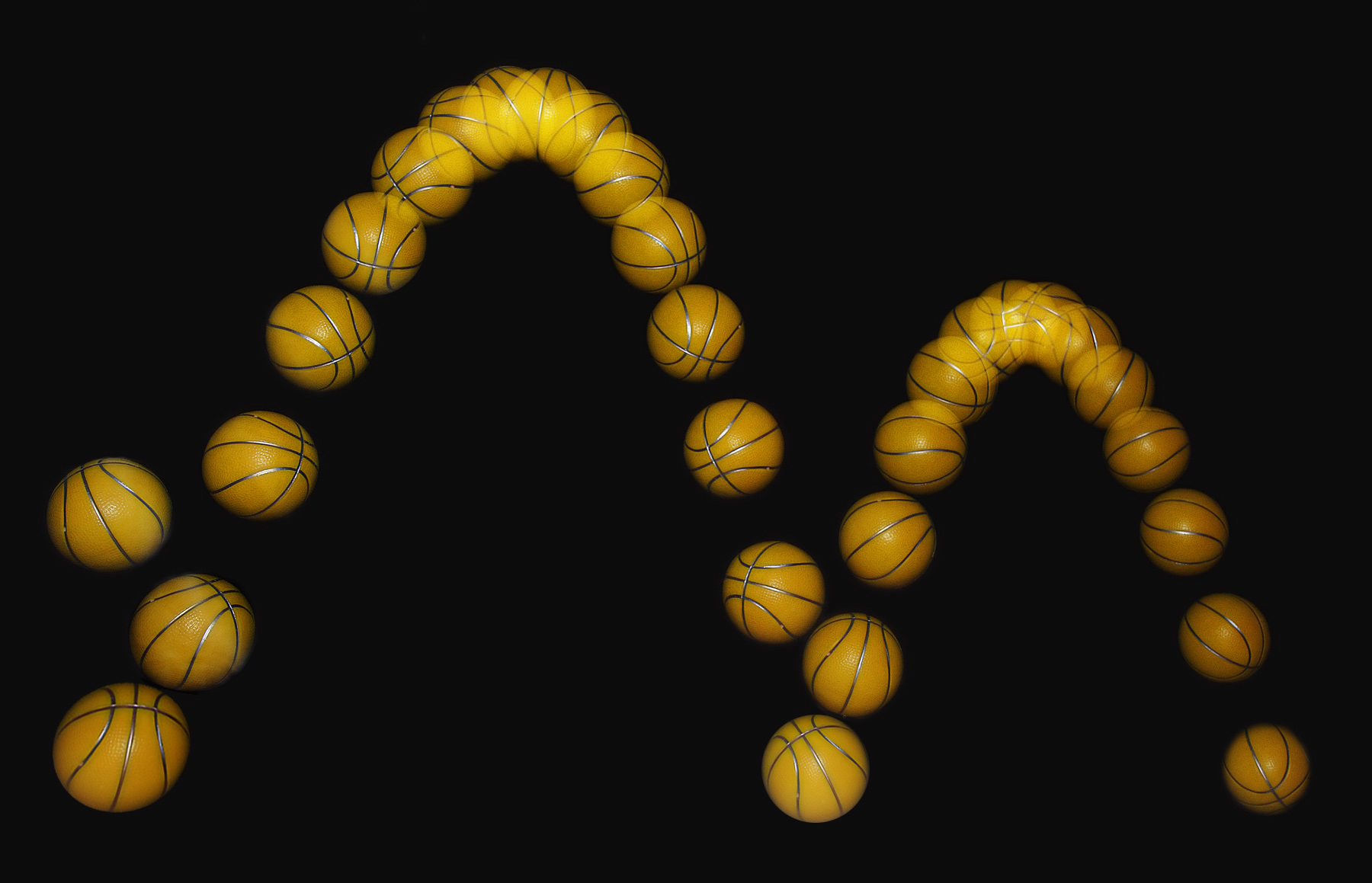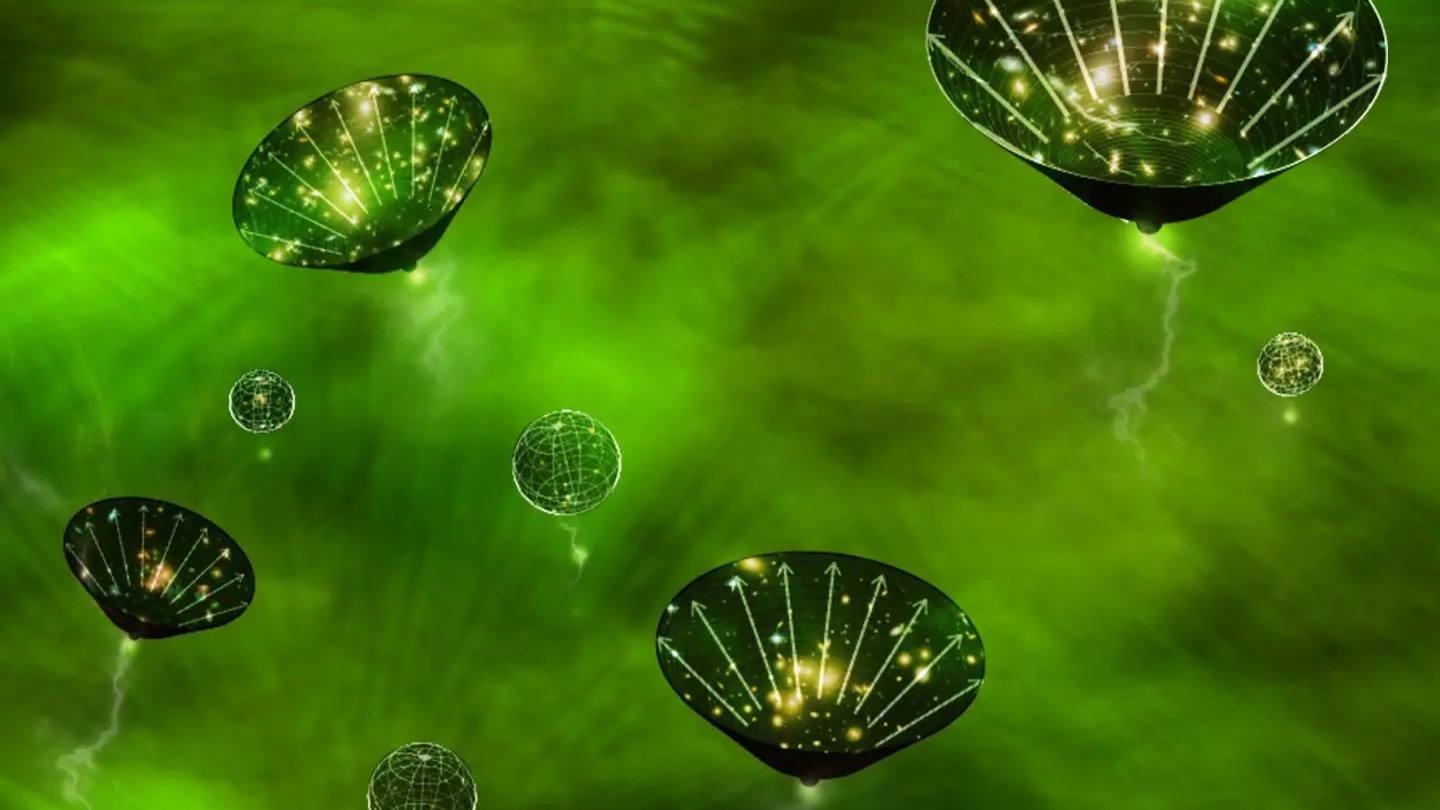New research suggests a fundamental, yet unconscious, reason why liberals are more accepting of disorder in the world, while conservatives crave constant order and closure.
Question: How does ideology constrain us?
rnJon Hanson: That’s a, it’s a great question, I believe as many people do and as the Mind Sciences teach, that we need ways of simplifying or world. They absolutely have to have because of the fact that an un-simplified world is simply unmanageable, we can’t understand it. Understanding that we need to simplify is a key sort of starting point for recognizing the ways in which our ideologies might get in the way of actual understanding of clarity in our perspective. My research and the research of others suggests that ideology in a way reflects a set of reasons that lead us to policy conclusions or policy preferences. So, if I like markets or if I like regulations I think it’s my ideology or a set of reasons and attitudes that form my ideology that are the cause of that preference for markets and regulation.
rnWhat the Mind Sciences are suggesting is that the reasons we give rarely are very good predictors or explainers of what’s really moving us and the research that I’m doing now with co-author Mark Uboa **** is finding that behind our ideologies often is an attributional style that we tend to look at a world or look at a situation and make an attribution to see choice or to not see choice and to think that that’s a neutral, unfiltered objective, assessment of fact. However, that’s happening more or less because of subconscious reasons and the way it happens also connects us with an ideology so where we see inequalities for example, conservatives, republicans, tend to me more comfortable with that inequality and to make attributions of disposition to explain it. These are people are higher because they deserve to be; these people are lower because they deserve to be it’s their disposition, it’s their choice. Liberals a little bit less so. So behind these ideologies or attributional styles and these attributions that we make vary and flip without our being conscious of it.
rnSo what’s behind those attributional sort of starting points? Well that’s something that Mind Scientists are working with. There’s a lot of possible stories but one of the more interesting possibilities is that if you ask people across you know across ideological spectrum what their, how they feel about chaos, or how much they like clarity and closure, you’ll discover that there’s a range and that the people who really like clarity and really like closure and answers that are clear to questions, tend to be when you ask them about their ideology more conservative. And those who are more comfortable with uncertainty, less seemingly motivated to create closure open to new experience and so forth, tend to be when you put them on the ideological spectrum more liberal. The operating hypothesis is that our degree our sort of our craving for closure how much we feel it may play a causal role in determining our ideologies which in then leads to policy preferences. We might think that it’s our reasons that lead to our policy preferences. We wouldn’t think it’s our craving for closure for example.
rnAnd, similarly, the desire sort of people’s reactions to salient inequalities is also an amazingly strong predictor of what their ideology is going to be and how eager they are to explain away inequalities as acceptable or not is also a strong predictor. And again this is a place where the working hypothesis is that this is causal, that people’s craving to explain away inequality is a motive that exists to a greater or lesser degree in people and to the extent its very strong, people tend to me more dispositionists and in turn they tend to prefer conservative policies and they tend to like markets. And if you ask someone why they like markets, they would not tell you it’s because I’m comfortable with inequality and because I crave closure. But the evidence is suggesting though it’s really early to get, you know, you don’t want to go too far with this, but the evidence is suggesting that that’s, that is indeed the causal story; that it starts way back at these motives and where those motives start is also a subject of study that people are engaged with, but I’ll stop there for now.
rnRecorded on February 17, 2010
Interviewed by Austin rnAllen





